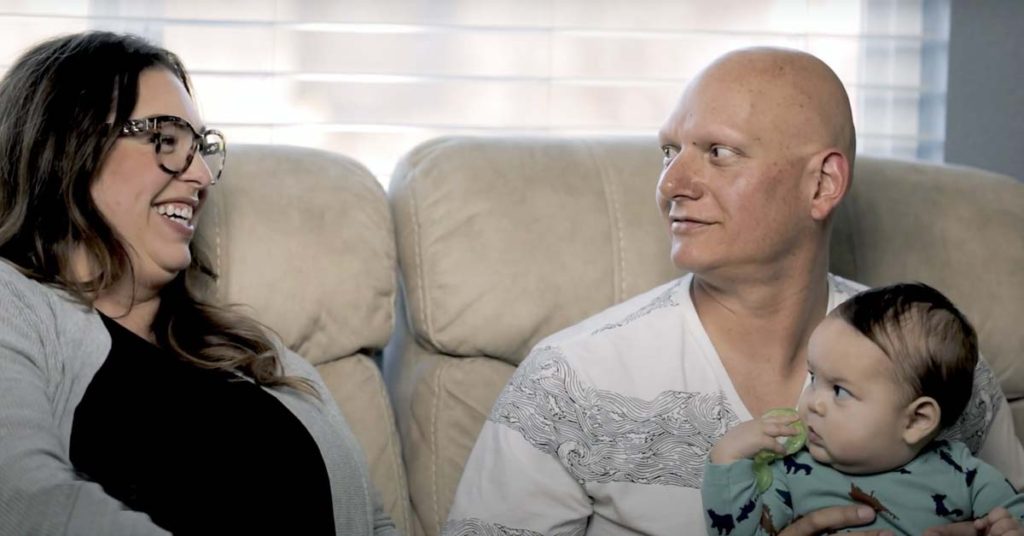It’s August and we’re celebrating Breastfeeding Awareness Month, promoting the importance of breastfeeding for both moms and babies.
We envision a future where NICUs across the country can provide an exclusive human milk diet (EHMD) for ALL very low birth weight premature infants, supporting moms in the hospital and beyond.
Research continues to show that an EHMD substantially reduces mortality and improves other health outcomes. But unfortunately, the majority of NICU patients do not receive this standard of care.
“At LactaLogics, we want all premature infants to thrive,” said Chelly Snow, COO and Co-Founder of LactaLogics. “We know an EHMD reduces morbidity, necrotizing enterocolitis (NEC), and mortality, but there are many barriers for moms with babies in NICUs. Donor milk is expensive and in short supply, leaving most patients on bovine fortifiers, and babies transitioned to a formula diet prior to being sent home.”
The American Academy of Pediatrics recommends exclusive breastfeeding for the first six months of life. According to the CDC, 84.1% of moms start out wanting to breastfeed, but only half (58.3%) still exclusively breastfeed at 6 months.
We had the opportunity to work with both donor and recipient moms. Some of these moms shared their experience and how getting support during the early weeks of breastfeeding made a difference.
“National and World Breastfeeding Awareness Month is meant to bring awareness to not only how important breastfeeding is, but how many moms struggle,” continued Snow. “We’re using technology and holistic donor care to drive innovation that is new to our industry so more premature infants can have an EHMD for their entire stay in the NICU.”
We have estimated that hospitals throughout the United States need over 100 million oz of human milk a year to ensure an EHMD for their smallest patients. But there is currently no affordable, high-volume supplier of fortified preterm human milk-based products.
Snow adds, “Through our development process we discovered that the idea of a human milk shortage is a misconception. There are so many donor moms who produce excess breast milk, but there hasn’t been a way to effectively get it to hospitals. We’re able to envision a bright future for not only premature infants but also their parents and the NICU staff because of our technology, called Gentle-UHT processing. We’re excited and honored to use this technology, supporting breast milk in the hospital and beyond.”

